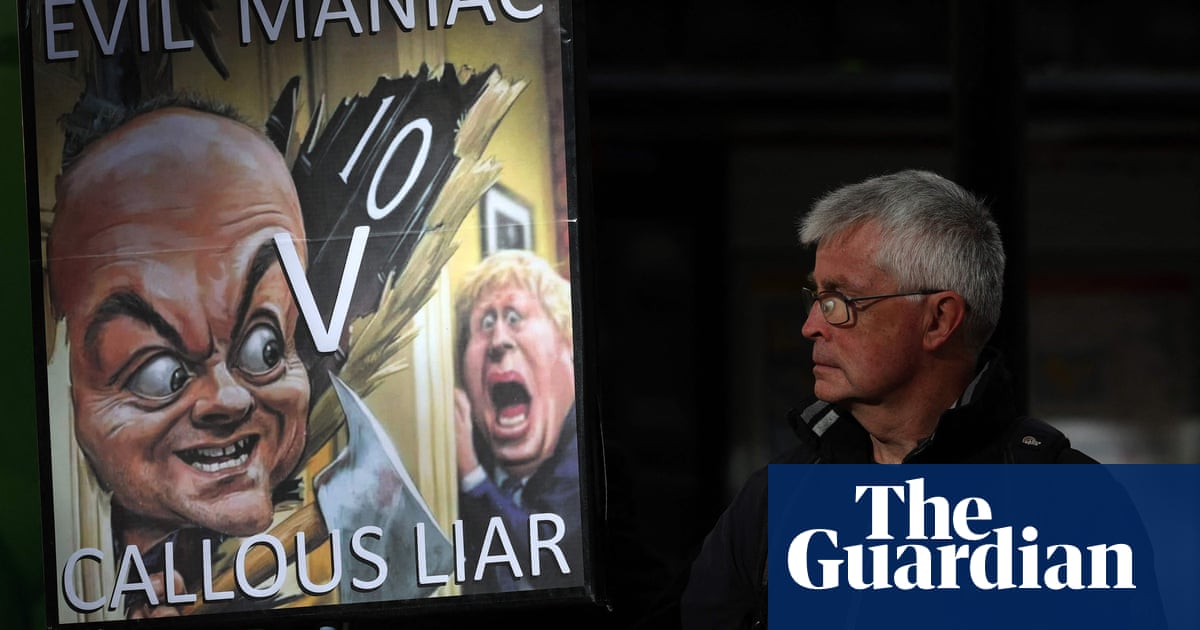
It is easy to characterise the scrapping of part of HS2 as yet another great Tory betrayal, and for the government’s opponents to make hay of a decision that appears to run precisely counter to the Tories’ key manifesto commitment of “levelling up” the north.
Indeed, one can certainly add it to Boris Johnson’s long list of U-turns and obfuscations. And it would be fanciful to think that this new plan was the outcome of a careful assessment of transport needs in the region. Rather, it has emerged because of pressure from two key players: the Treasury, with its innate hatred of big-ticket items, and the Tory backbenchers, whose affection for Jaguars and BMWs is far greater than for newfangled high-speed trains.
The result will certainly be a strange hybrid of a railway. On one side of the country, we are to have a high-speed line that almost reaches the great cities of the north-west, and which will be presented as a fantastic boon to the region. Over to the east, on the other hand, there will be a mishmash of new and refurbished tracks that will allow some improvements to train services but will not have the same cachet as the line in the west.
Of course, all this has been dictated by expediency. Building on the first section of the line to Birmingham is well under way, with contracts worth well over £10bn already let and legislation for the line up to Crewe passed. Therefore it was the eastern section, up to Sheffield and Leeds, that could still be cut, much to the fury of some local council leaders and MPs in the “red wall”.
But hold on a minute. Support for HS2 is not universal in the north. For every laudatory article in the Yorkshire Post, opponents worried about local environmental issues or the massive concentration of resources in one line are quick to come up with an alternative view.
The whole concept of HS2 was flawed from the start. It was first characterised as a quicker way of travelling between London and the north and the Midlands, but actually there are already excellent, frequent and fast rail services between London and cities that it is intended to serve, such as Birmingham, Manchester and Leeds.
Faced with criticism about the cost not justifying the reduction in journey times, the project then morphed into promises of providing a huge increase in capacity on a railway system that was becoming chronically overcrowded. But HS2 was designed to have very few stations and limited links to the existing network, leading to concern that some towns would end up with an even worse service than at present. And then came the pandemic, which has seen what appears to be a significant shift to home-working and video conferencing, thereby undermining any remaining business case.
Prof Paul Salveson of the University of Huddersfield, a former Labour councillor and railway manager and a strong advocate for northern investment, encapsulated the region’s doubts about a project that is often seen as yet another example of the dominance of southern interests when he wrote earlier this week in his blog that: “HS2 was an ill-conceived project that should never have been given such credibility in the first place”. What local “folk” wanted instead, he argued, was “investment in local and regional rail projects, better east-west rail links, and improved bus services”. Salveson also echoed a key point made by Grant Shapps in the Commons: these smaller, simpler projects can be delivered in a time frame that is meaningful to local people (and which may be a factor at the ballot box, as they can materialise before 2030 rather than in 2040 or beyond).
It would be a mistake to suggest that there is any strategic thinking behind this revised plan. But there is a hint that some sensible civil servants in the Department for Transport have managed to cobble together a scheme that ultimately may be better than the grandiose concept of a high-speed line all the way up to Leeds, and have saved a few bob on the way. Germany, for example, has plenty of routes that use a mix of dedicated and shared lines; crucially, however, Deutsche Bahn has invested heavily in improving existing routes to a much higher standard than before.
The same needs to happen in the north to provide the electric, regular, rapid railway connections that would do far more for its economy than a faster link to London. The key – and don’t believe the government’s talk of £96bn, at least half of which is recycled money – is whether this plan can be delivered, given the huge number of stakeholders, with local, regional and national government as well as the nascent Great British Railways all needing to play a part. Ironically, the spin used to present this scheme may actually be accurate. But given the tenuous relationship between Johnson and the truth, no one is going to believe it.
Christian Wolmar is a writer and broadcaster specialising in transport












